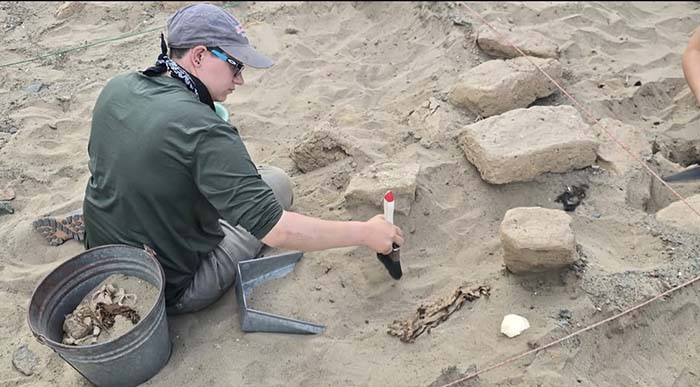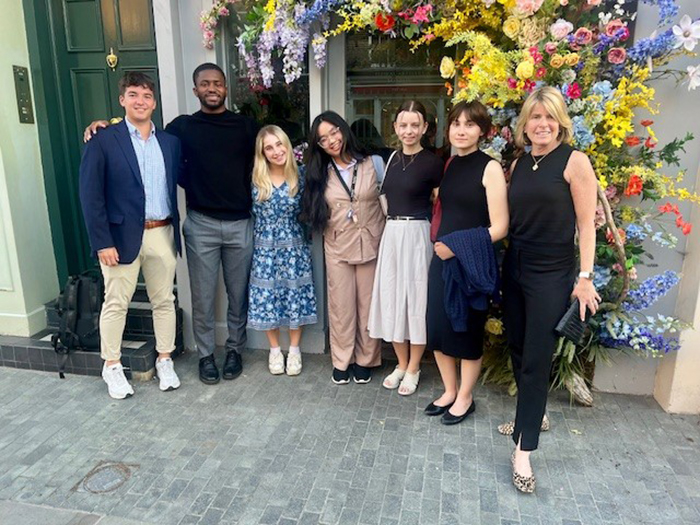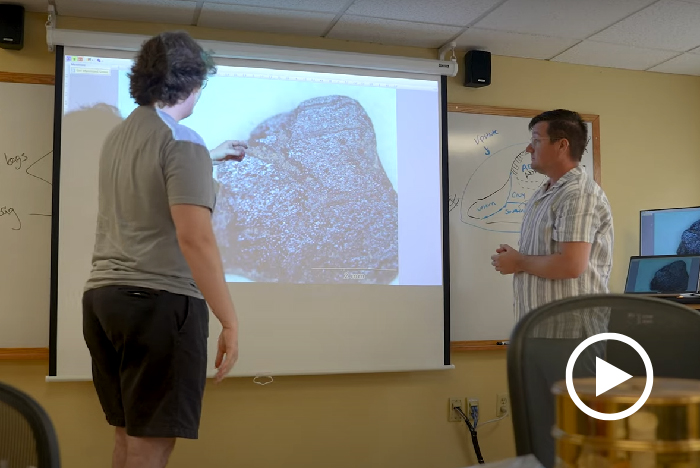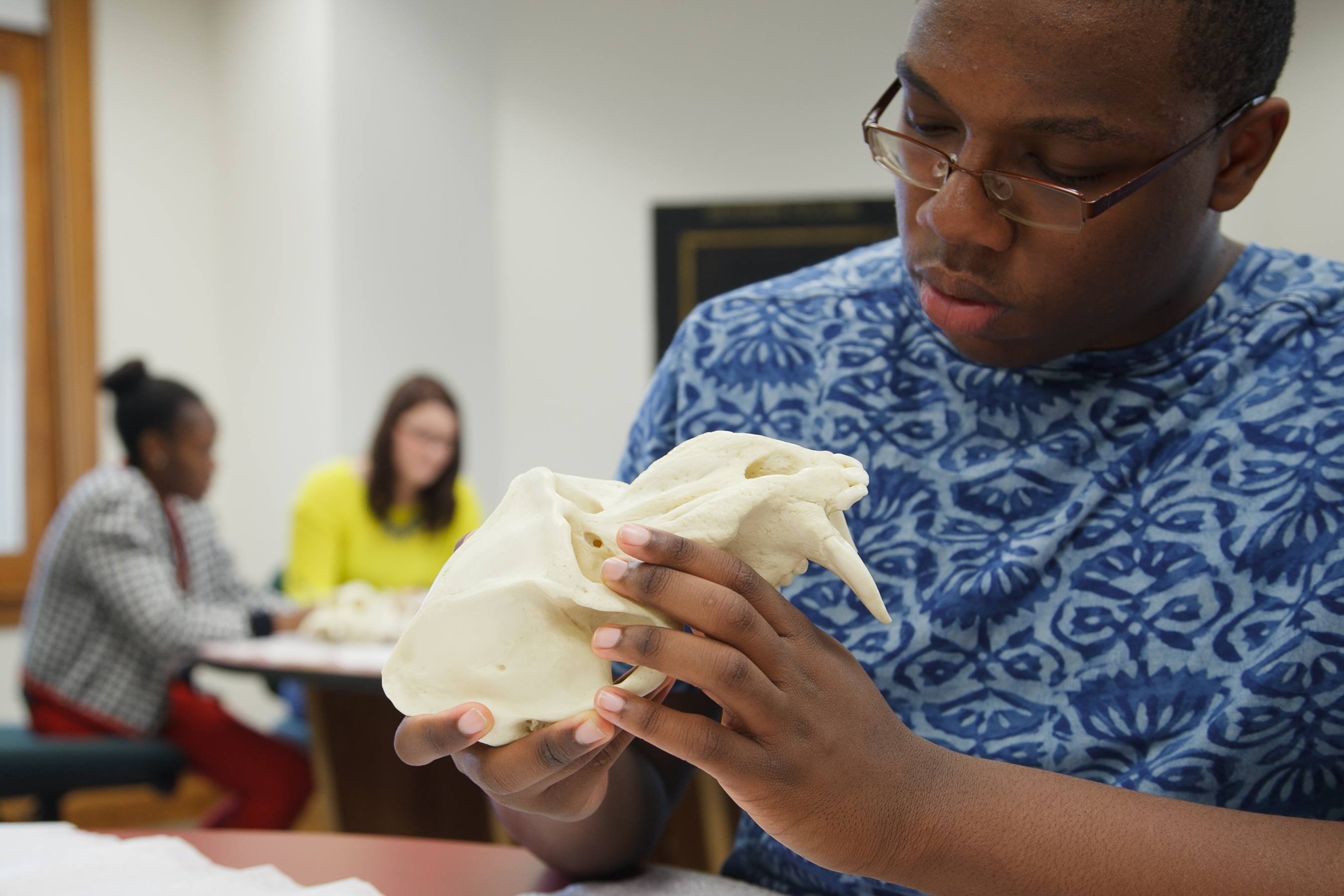
Digging Into Science and Culture
“I love how hands-on each of my courses have been.” Meet Alex Carbone ’27 (archaeology, anthropology), who dug into an archaeological dig at a cemetery in Peru.
Anthropology is a social science that bridges the natural sciences and humanities to examine human diversity in the past and present and the similar and different ways that social groups interpret and inhabit an increasingly complex world.
Our program is characterized by an emphasis on fieldwork and is encouraged in student work abroad. We cover anthropology's subfields of cultural anthropology, biological anthropology, and archaeology, each characterized by unique approaches, yet all oriented toward understanding and informing contemporary debates about the diversity of human experience in a wide range of societies.
Anthropology at Dickinson teaches students the process of doing anthropological research through fieldwork and laboratory research. Ethnographic fieldwork—observing and interacting intimately with people in a social setting over an extended period—is one of anthropology's distinctive contributions to the human sciences. In coursework and our department's ethnographic fieldwork opportunities, students familiarize themselves with fieldwork by conducting local and international projects that they can later develop into senior thesis papers.
Students leave the anthropology program fully prepared for graduate school, public and nonprofit sector work and business or professional work that involves, social research methods, critical-thinking skills and understanding cultural differences. Our department also offers a major in archaeology that many students also choose to complete.
Jobs
Graduate Schools
“The best thing about my major is its interdisciplinary nature. Anthropology is the study of humans, which, as we all know, are extremely complicated beings with rich histories and diverse backgrounds. The flow of the major allows for a student to study a little bit of everything, especially during the 100-level courses, Archaeology, Cultural Anthropology and Biological Anthropology. All the professors are experts in their fields and have so much knowledge to share with students, including really cool research opportunities. You can also do so many things post-graduate with an anthropology degree!”
- Izzy Ferrazza '24

“I love how hands-on each of my courses have been.” Meet Alex Carbone ’27 (archaeology, anthropology), who dug into an archaeological dig at a cemetery in Peru.

Forgotten objects in an attic spark memories and magic in the Mermaid Players’ fall play. 'Hidden Stories' runs Friday, Oct. 31, to Sunday, Nov. 2.

Whether racing friends at Springfest, singing a cappella, studying global cultures or bonding at the College Farm, Natalia Donia '26 is grateful for the "community and care" she's found at Dickinson.

Students completing high-skill internships in the bustling U.K. capital receive a warm welcome from alumni in Dickinson's robust global network.

Summer internship explores how food shines a light on people of the past.

Anthropology majors accepted to London School of Hygiene and Tropical Medicine and Maryland University for Integrative Health.